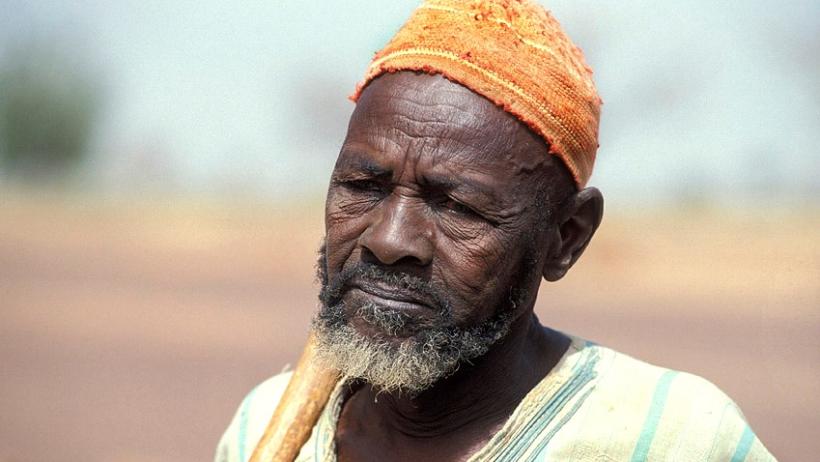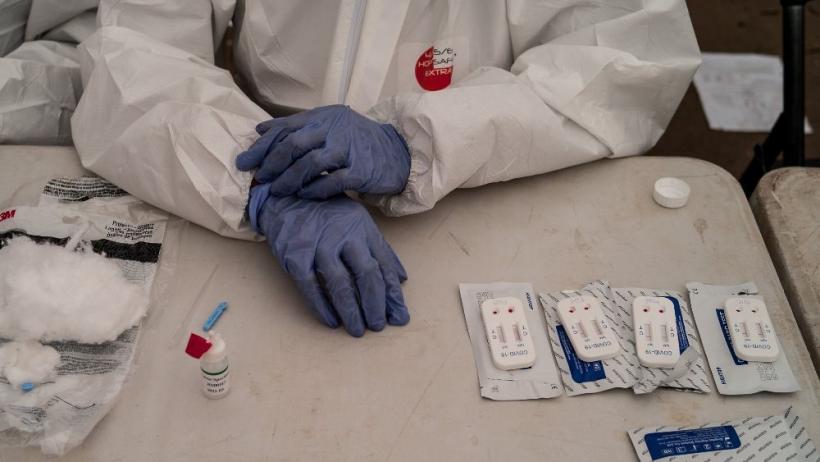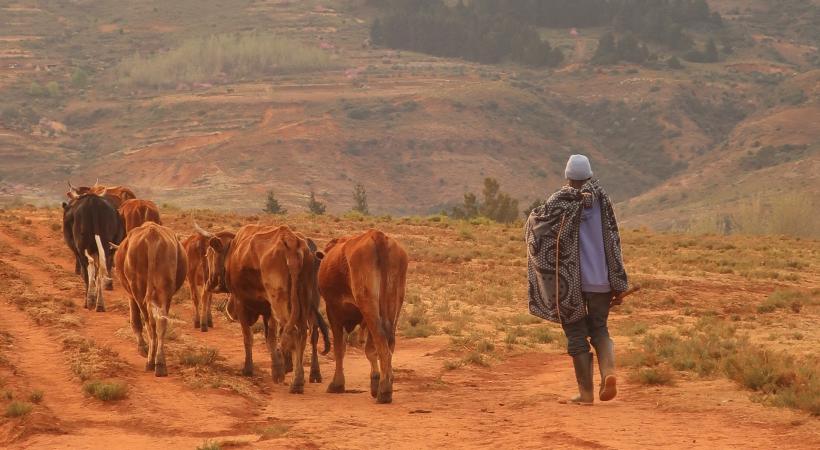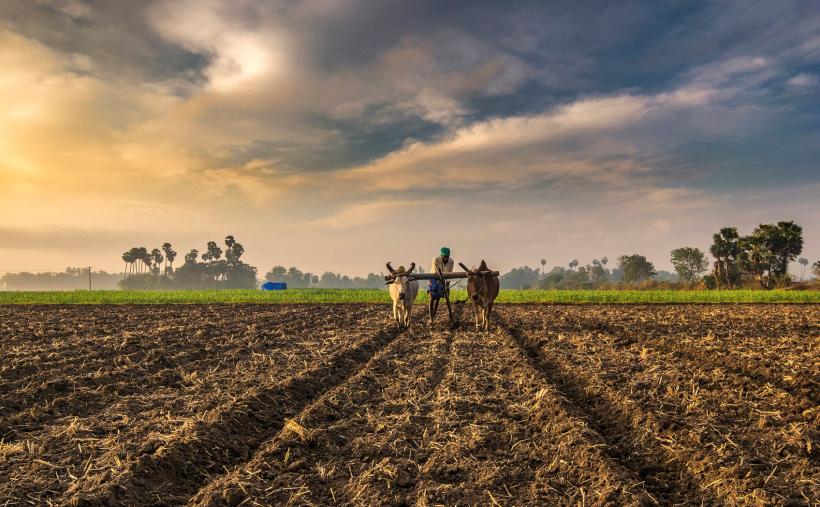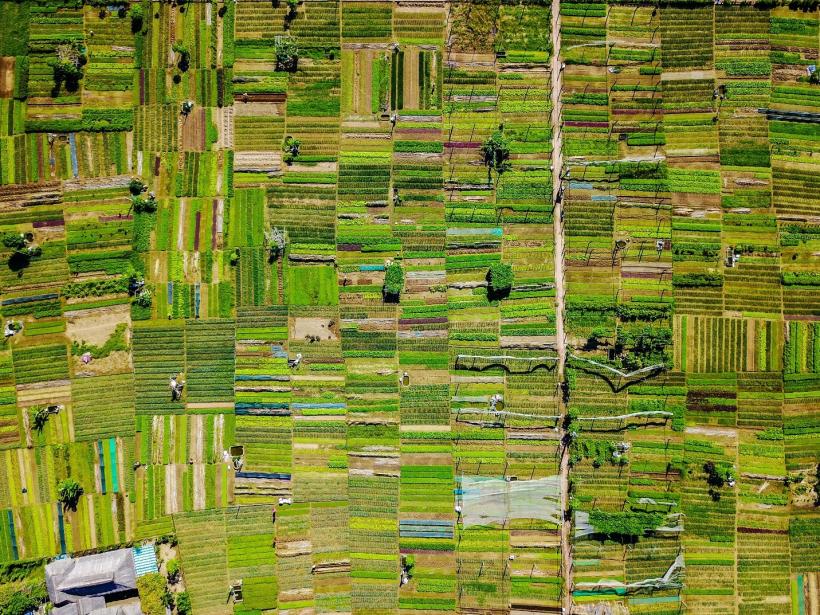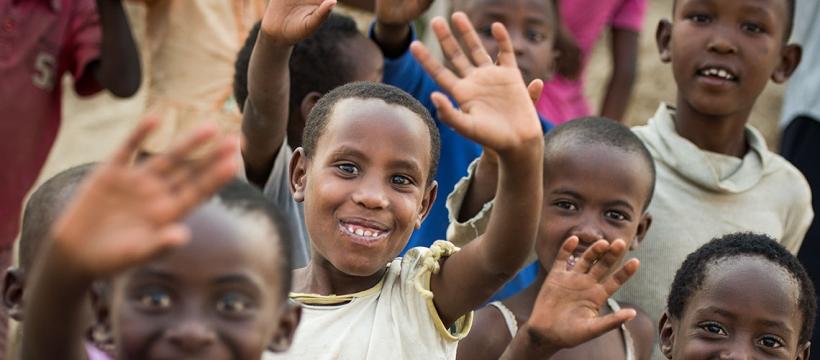Our blog
Featured Blogs
Burkina Faso, a landlocked country in the heart of the Sahel region, was already facing difficult challenges when the COVID-19 outbreak occurred. The security context had been deteriorating since June 2018, with an upsurge in violent attacks by terrorists and criminal groups. The country is now experiencing a rapidly growing crisis in internally displaced persons (IDPs); the number of IDPs increased from 50,000 in January 2019 to over 1 million in August 2020. The country is also facing a food...
Over the last decade, the World Bank’s Disaster Risk Finance and Insurance Program (DRFIP) has worked with low- and middle-income countries to build their financial resilience to disasters which contributes to the World Bank’s twin goals of poverty reduction and shared prosperity. To help a country become more financially resilient to the risks it faces, we first consider what the risks are, how likely they are to materialize, and what social and economic losses they would cause. We can answer...
The mountain Kingdom of Lesotho like many countries is no stranger to disasters. The landlocked small state of 2.2 million people is continually buffeted by multiple shocks, primarily drought but also flooding, frost, hail and storms. The country was in the throes of responding to a catastrophic drought as the COVID-19 coronavirus insipidly yet inevitably advanced into Sub-Saharan Africa in February 2020. This drought was so severe that the UN said it was ‘one step away from famine’ -...
Shocks--no matter their cause--are inevitable. We all know that. Through the Global Risk Financing Facility (GRiF), we strive to help vulnerable countries prepare financially for those shocks. So, they can resist, rebound, and recover from their financial impacts. We've learned a lot in the two years since GRiF went from design to implementation. Today, virtually everything we do is designed to help lessen the impact of climate shocks, disasters, and crises. Our first public annual report shows...
In our last blog, we read about why it is challenging to procure reliable drought risk information. The Next Generation Drought Index (NGDI) platform is a cutting-edge project spearheaded by the World Bank’s Disaster Risk Financing and Insurance Program (DRFIP), and supported by the International Research Institute for Climate and Society at Columbia University. Through a combination of unique expertise, satellite technology and simplified design processes, it aims to provide access to the...
Today, more than 746 million people suffer of food insecurity. This is compounded by the direct and indirect effects of COVID-19 which is estimated to push another 150 million+ people into extreme poverty in 2021. This is exacerbated by an increase in the number of people affected by climate shocks such as drought events (Figure 1). Climate change, widely acknowledged to be a threat to food security could, in worst-case scenarios, double the number of people in need of humanitarian assistance...
“We have to recognize that there cannot be relationships unless there is commitment, unless there is loyalty, unless there is love, patience, persistence.” This statement, by Professor Cornell West, drives a more difficult question: how do we measure and support ‘commitment’ between social groups so that a relationship’s loyalty, love, patience, and persistence is fostered? In conflict-affected and fragile settings, the fostering of inter-group relationships, particularly those between refugee...

